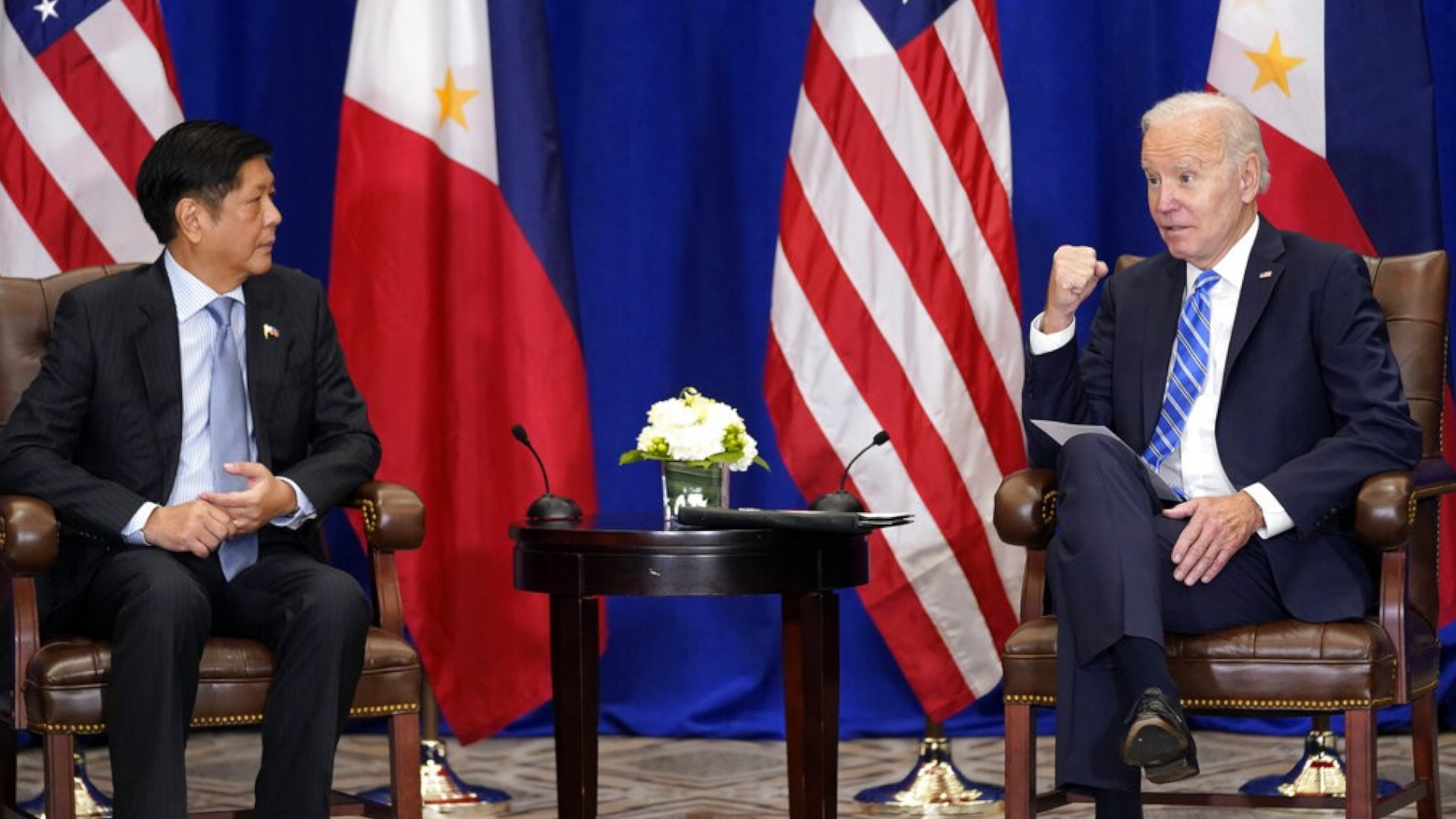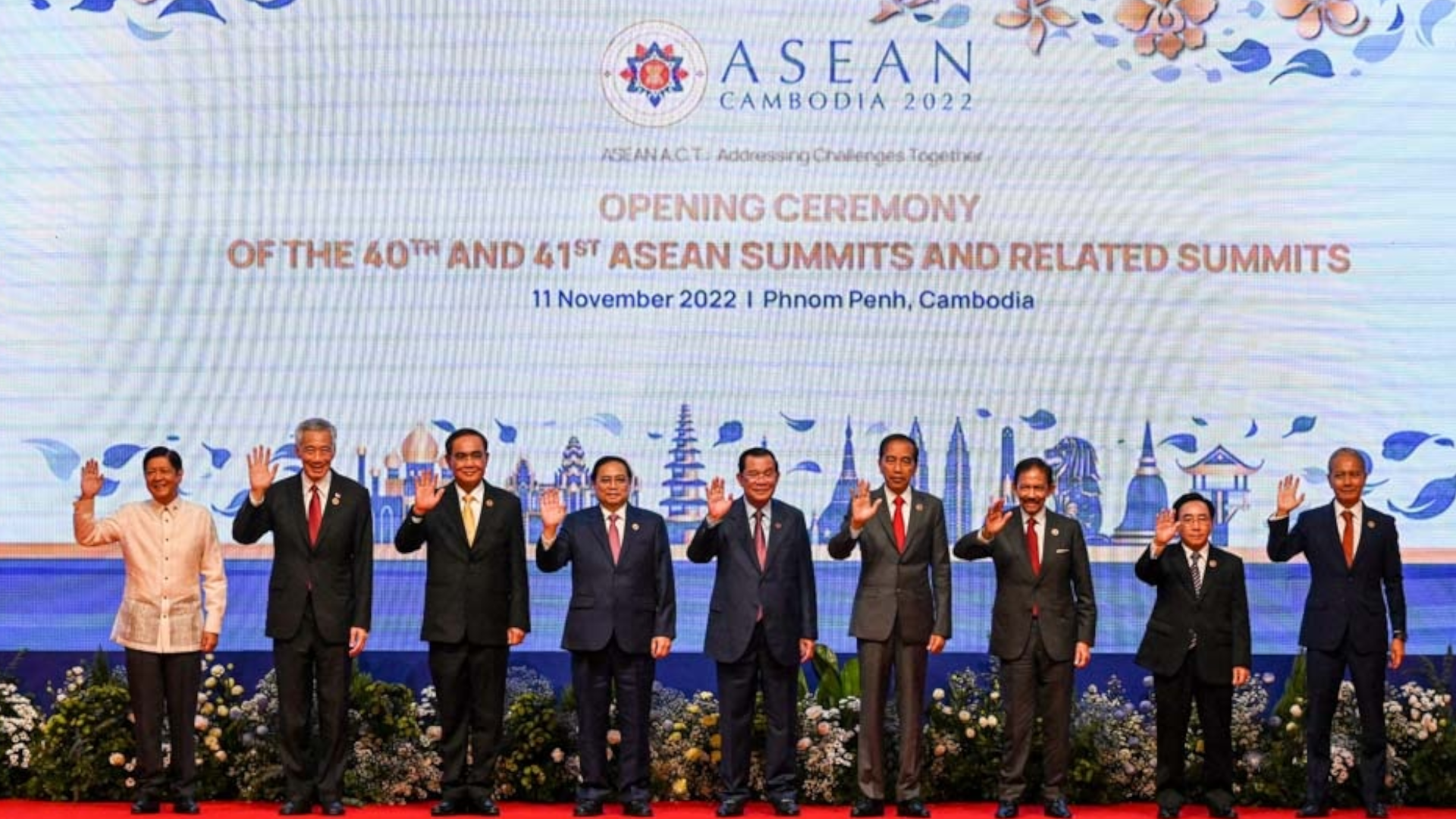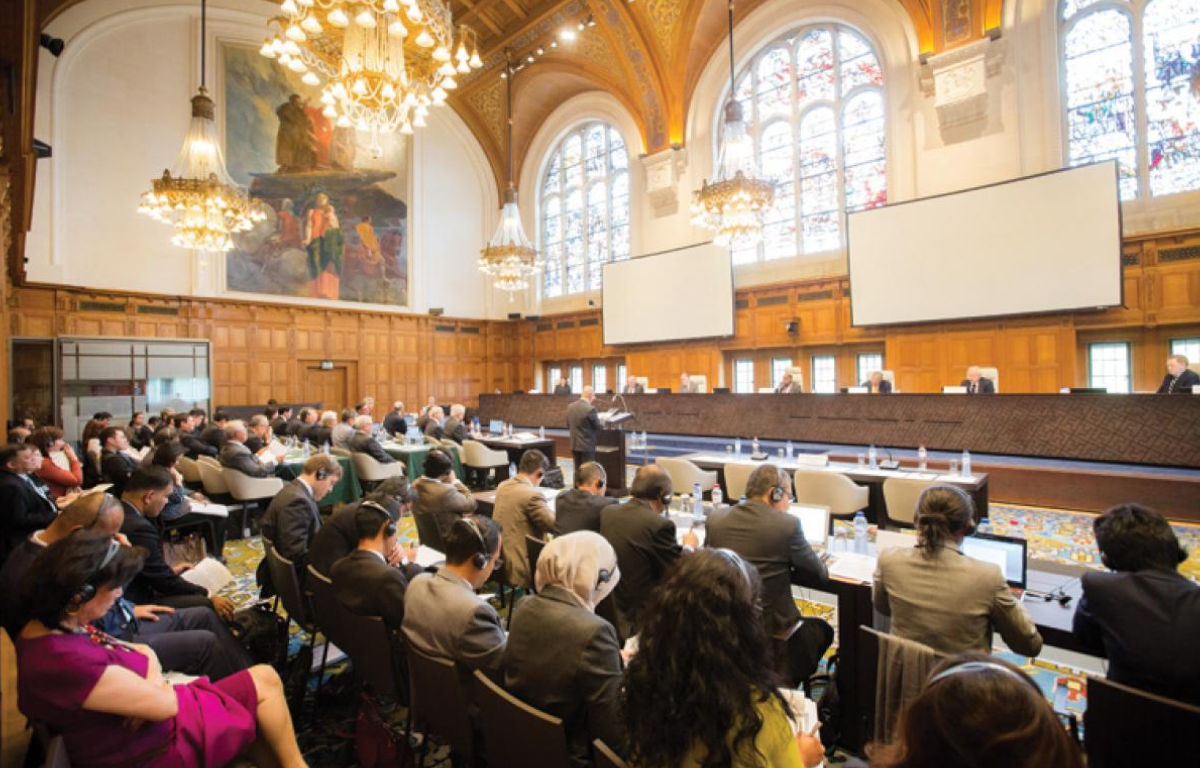
The South China Sea is a highly contested region, with several countries, including the Philippines and China, laying claim to various parts of it. These disputes primarily revolve around the ownership of islands, reefs, and the rights to exploit the rich fishing grounds and potential energy resources found in the area.
China’s expansive territorial claims, often referred to as the “Nine-Dash Line,” have been a major point of contention. These claims overlap with the exclusive economic zones (EEZs) of other nations, including the Philippines. In 2016, the Philippines won a landmark case against China at the Permanent Court of Arbitration in The Hague, which rejected China’s claims and upheld the Philippines’ rights in its EEZ.
Despite international legal rulings, China has continued to assert its dominance in the South China Sea, including the use of its coast guard. Recent reports have highlighted aggressive actions by Chinese coast guard vessels towards Filipino fishermen. These actions range from intimidation tactics to the confiscation of fishing equipment and the expulsion of Filipino fishermen from traditional fishing grounds.
Such actions have not only disrupted the livelihoods of Filipino fishermen but have also raised concerns about the safety and security of those who depend on these waters for their daily sustenance. Additionally, these incidents have added fuel to the ongoing tensions in the region, leading to increased diplomatic friction between the Philippines and China.
In response to these provocations, the Philippines’ security adviser has publicly condemned China’s coast guard actions. The condemnation emphasizes the importance of respecting the rights of Filipino fishermen to fish in their traditional fishing grounds within the Philippines’ EEZ. It also calls for adherence to international law, particularly the United Nations Convention on the Law of the Sea (UNCLOS).
The security adviser’s statement underscores the Philippines’ commitment to upholding its sovereignty and protecting the interests of its citizens. It also reflects the broader regional concerns about China’s assertive actions in the South China Sea, which have drawn criticism from neighboring countries and the international community.
The actions of China’s coast guard in the South China Sea have far-reaching implications beyond the immediate disputes with the Philippines. They challenge the established norms of international maritime law and the principle of freedom of navigation in these vital waters.
The Philippines’ condemnation of China’s coast guard actions aligns with the broader international sentiment that peaceful resolution of disputes should prevail over coercion and intimidation. It also highlights the need for diplomatic dialogue and multilateral efforts to address the South China Sea disputes, given their potential to escalate into a regional conflict.
The recent condemnation by the Philippines’ security adviser of China’s coast guard actions in the South China Sea sheds light on the ongoing tensions in the region. It underscores the importance of upholding international law, particularly UNCLOS, as the basis for resolving territorial and maritime disputes.
The Philippines’ stance, while specific to its situation, is indicative of the broader challenges faced by countries in the South China Sea region. Finding a peaceful and diplomatic resolution to these disputes remains paramount, not only for the countries directly involved but also for regional stability and global maritime security.










Share this: